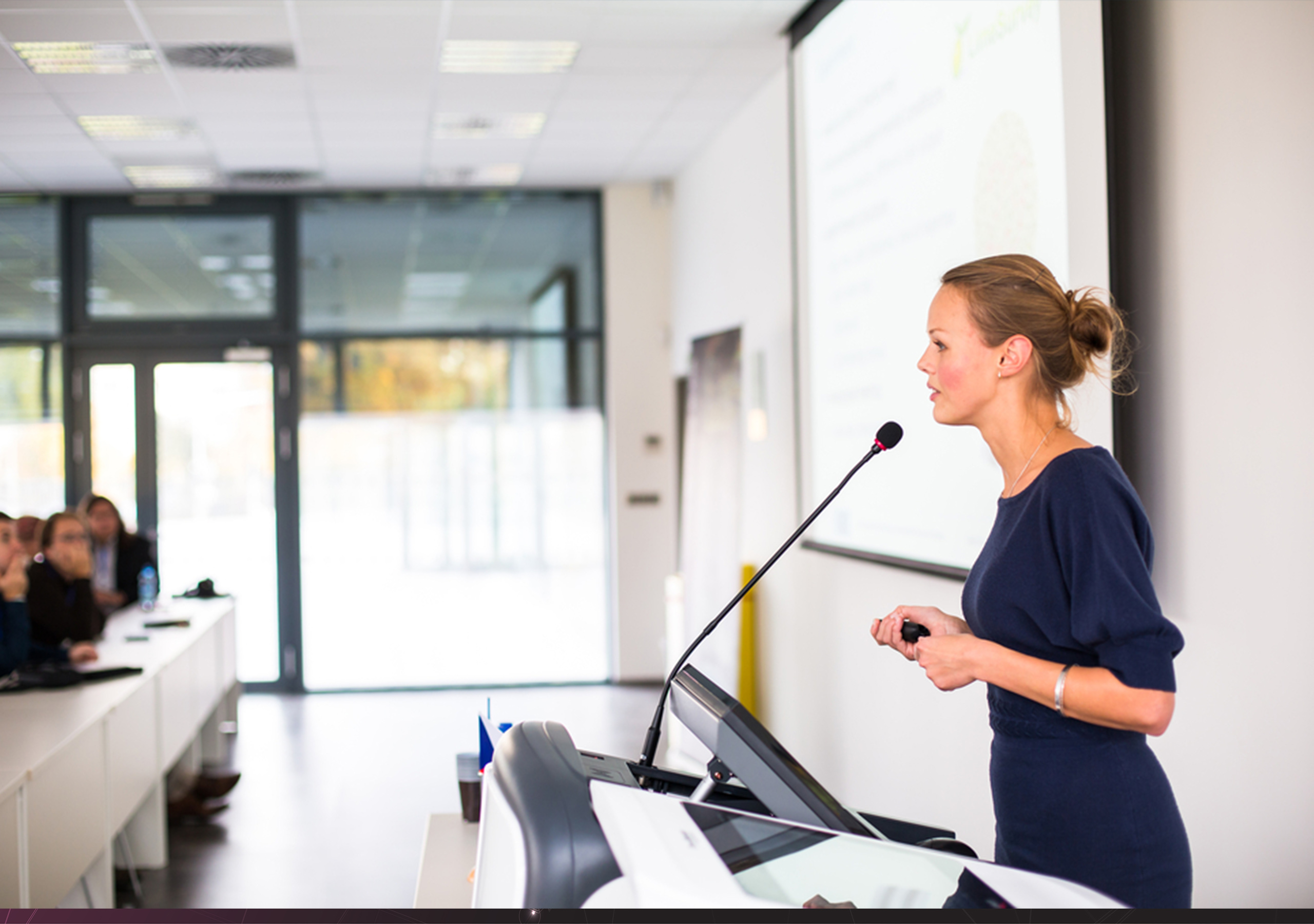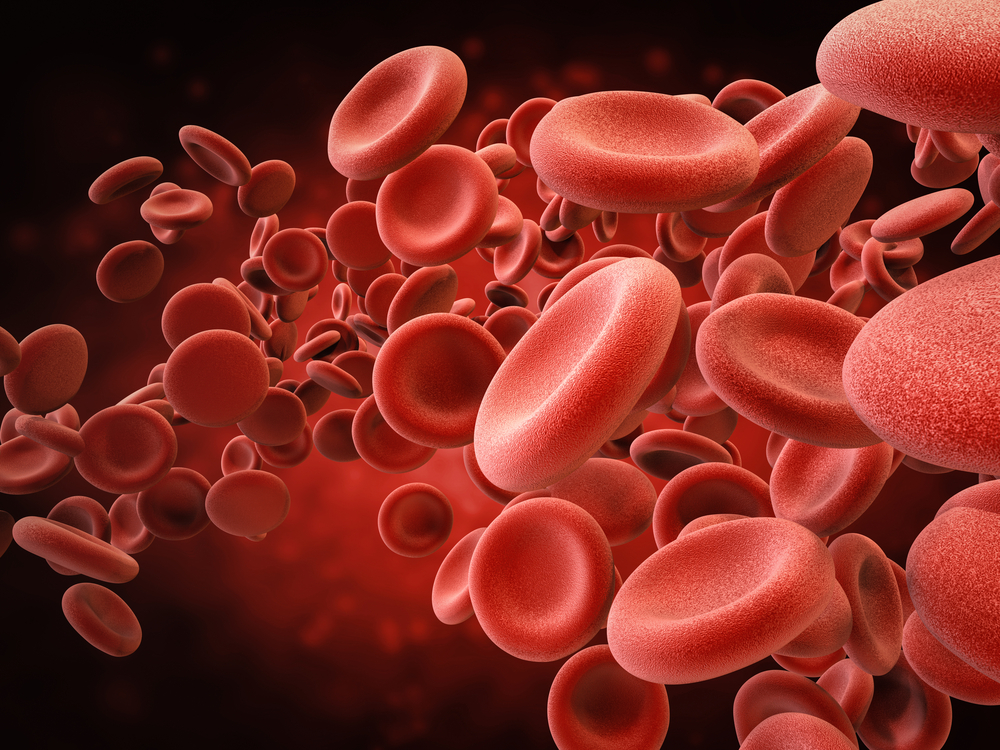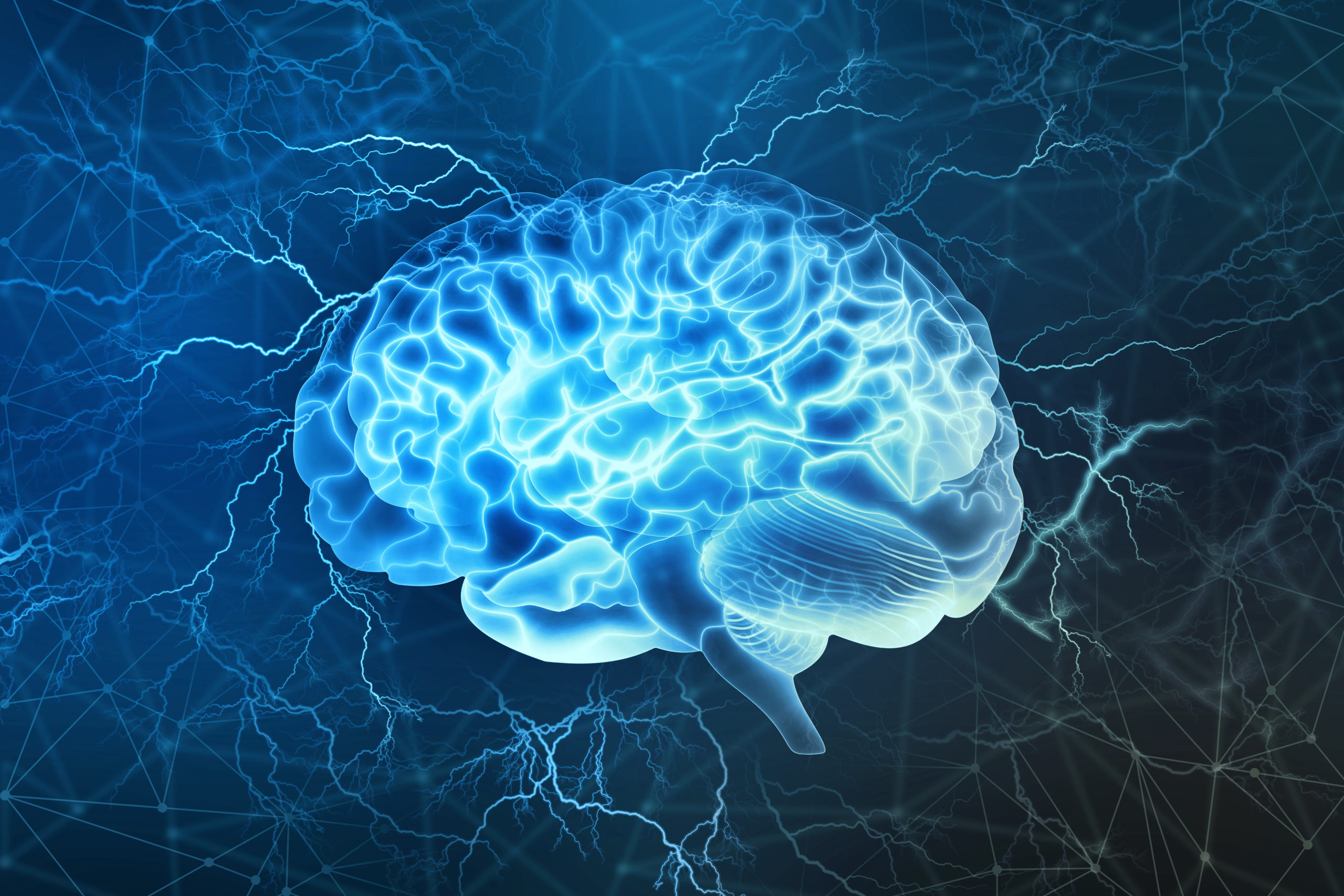
The American Society of Neurophysiological Monitoring (ASNM) is “dedicated to the advancement of quality neurophysiologic monitoring services for neuroprotection.” Stated more simply, it’s all about patient safety. SpecialtyCare is deeply committed to supporting the Society and its mission to grow the profession, provide educational forums, develop quality standards, and build partnerships with allied healthcare professionals. As part of this commitment, members of our team serve in leadership roles with the ASNM and recently contributed several presentations at the organization’s Annual Meeting in May, an event celebrating 40 years of neuromonitoring.
Anthony K. Sestokas, PhD, DABNM, FASNM, Chief Clinical Officer, Intraoperative Neuromonitoring, discussed “Monitoring during Interventional Procedures” as part of an educational track on methodology that paired surgeons with neurophysiologists to provide a well-rounded perspective on the use of state-of-the-art intraoperative neuromonitoring (IONM) during surgical procedures. Dr. Sestokas also served as a member of the faculty for the annual meeting.

Dr. McCallister presenting research at the 2017 Annual Meeting of the ASNM
SpecialtyCare Clinical Manager Jeremy S. McCallister, AuD, CNIM, DABNM, presented “Neuromonitoring during Surgical Treatment of Thoracic Outlet Syndrome (TOS).” Co-authored with surgeons Ralph Ierardi, MD, and Sonya Tuerff, MD, of Christiana Hospital, the findings show that multimodality neuromonitoring is an efficacious, sensitive, and specific adjunct to supraclavicular surgical treatment of TOS. By prompting the surgeon to react immediately to early signs of evolving neurologic injury, neuromonitoring helps avoid or mitigate long-term neurologic deficits. Dr. McCallister’s presentation, which is now available in our Resource Library, previously received the Best Poster Award for this work at the 3rd Annual Overlook Medical Center & Knowledge Plus cEEG, Epilepsy & Intraoperative Neurophysiologic Monitoring Symposium in April.
Bryan Wilent, PhD, DABNM, Vice President of Quality and Clinical Performance, presented original research on the “Utilization of Multimodality Monitoring during Cerebrovascular Procedures.” The work, awarded Best Research Poster, was co-authored by Senior Biostatistician Eric Tesdahl, PhD, and Dr. Sestokas. Based on analysis of 1,786 intracranial vascular procedures in SCOPE, the SpecialtyCare Operative Procedural Registry™, the results show that IONM sensitivity during cerebrovascular surgery increases when somatosensory evoked potential (SSEP) monitoring is supplemented by motor evoked potential (MEP) monitoring.

Dr. Wilent (l) receiving ASNM scientific achievement award from Dr. Eccher
In addition to the ASNM Annual Meeting, Dr. Wilent presented research at the 2017 ASNM Winter Symposium in February. That study, “Monitoring Shoulder Arthroplasty Procedures,” has been submitted to the Journal of Clinical Neurophysiology. Another member of our team, Andrew Goldstein, CNIM, Manager of IONM Biomedical Services, presented “Evolution of Neuromonitoring Equipment” during the symposium. As ASNM Technology Committee Chair, Mr. Goldstein provided a deep dive into the vital technology behind neuromonitoring.
SpecialtyCare Remote Monitoring Physician Matthew Eccher, MD, MS, FAAN, FACNS, was a member of the faculty for the annual ASNM meeting and also served on the planning committee. He presented on “Monitoring during Awake Craniotomy” and “Monitoring during Spinal Cord Stimulation, Collision Test.” Dr. Eccher is a member of the ASNM Board of Directors, as are Dr. Wilent and SpecialtyCare Surgical Neurophysiologist Herman Mendez, MD, DABNM, CNIM.
Gathering together at the annual meeting was a great opportunity for ASNM members to reflect on 40 years of progress and recognize the early leaders in the field of neuromonitoring. The best way for us to honor their legacy is to provide excellent patient care every day and share evidence-based research that drives improvement. The ongoing efforts of the ASNM, its members, and other professional and academic organizations have made surgery safer with IONM. It’s a tremendous privilege to build on the work and vision of the pioneers so that we can continue to advance patient health and safety, today and into the future.
LEARN MORE ABOUT IONM



Comments are closed.